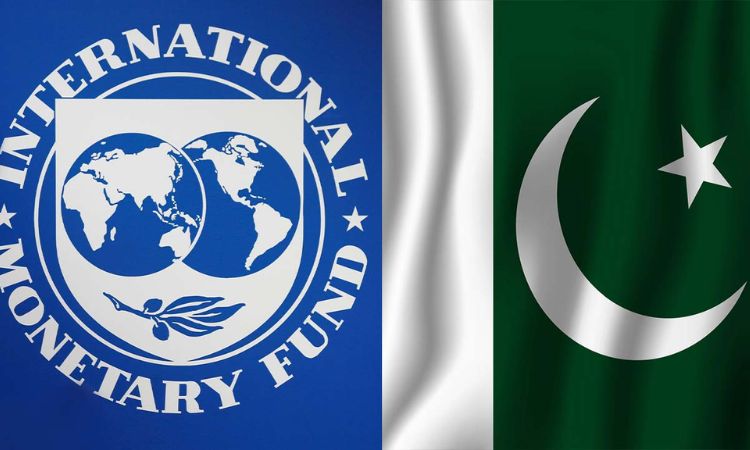Earlier, Finance Minister Ishaq Dar revealed that Pakistan had repaid USD 1 billion to China on the preceding Monday, offsetting a due amount of USD 1.3 billion. It was hoped that this repayment would facilitate the return of the remaining funds.
However, Pakistan’s economy teeters perilously on the brink of default, as the IMF pushes the country to meet demands—demands that Islamabad insists have already been fulfilled—to secure the outstanding USD 2.5 billion from a previously agreed bailout package of USD 6.5 billion in 2019.

Image-: The current PK
Pakistan, struggling with financial constraints, has received a substantial infusion of USD 1 billion from its close ally, China. This financial aid aims to alleviate the country’s critically low foreign reserves, given the uncertain prospects of reviving a stalled International Monetary Fund (IMF) loan. The State Bank of Pakistan (SBP) confirmed the receipt of the amount from China, though additional details remain undisclosed. The injection of funds will contribute to bolstering Pakistan’s reserves, which had recently dwindled to nearly USD 3.9 billion.
Earlier, Finance Minister Ishaq Dar revealed that Pakistan had repaid USD 1 billion to China on the preceding Monday, offsetting a due amount of USD 1.3 billion. It was hoped that this repayment would facilitate the return of the remaining funds. However, Pakistan’s economy teeters perilously on the brink of default, as the IMF pushes the country to meet demands—demands that Islamabad insists have already been fulfilled—to secure the outstanding USD 2.5 billion from a previously agreed bailout package of USD 6.5 billion in 2019.
While it is improbable that the entire sum will be repaid, given that the program concludes on June 30, Pakistan seeks a symbolic gesture of support for its policies from the IMF through a tranche of USD 1.1 billion. The country faces significant challenges in securing multilateral loans or bilateral assistance without the backing of the IMF. China remains steadfast in its support for Pakistan, while Saudi Arabia and the UAE have exhibited selective support.
Finance Minister Dar has previously criticized the IMF, alleging geopolitical motivations behind its loan package. He claimed that global institutions desired Pakistan to default, akin to Sri Lanka, to initiate negotiations. Faced with the absence of IMF support, Pakistan fervently explores alternative avenues to sustain its economy. Dar’s policy option entails timely repayment of multilateral loans while engaging in discussions regarding the rollover of bilateral loans with individual countries.
The country pins its hopes on China’s willingness to rollover USD 4 billion of bilateral loans, as Pakistan anticipates the rollover of approximately USD 9 billion in loans from various nations in the upcoming fiscal year, commencing on July 1. Additionally, Pakistan seeks to refinance a USD 300 million loan from the China Development Bank, which matures on June 30.














